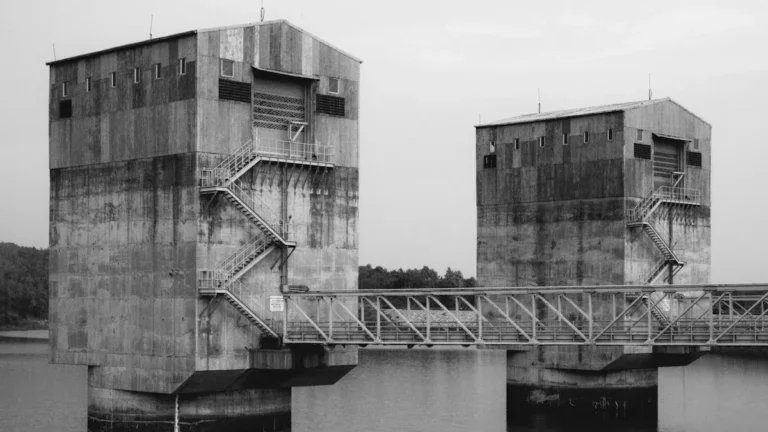Bauindustrie Trocknungsmittel
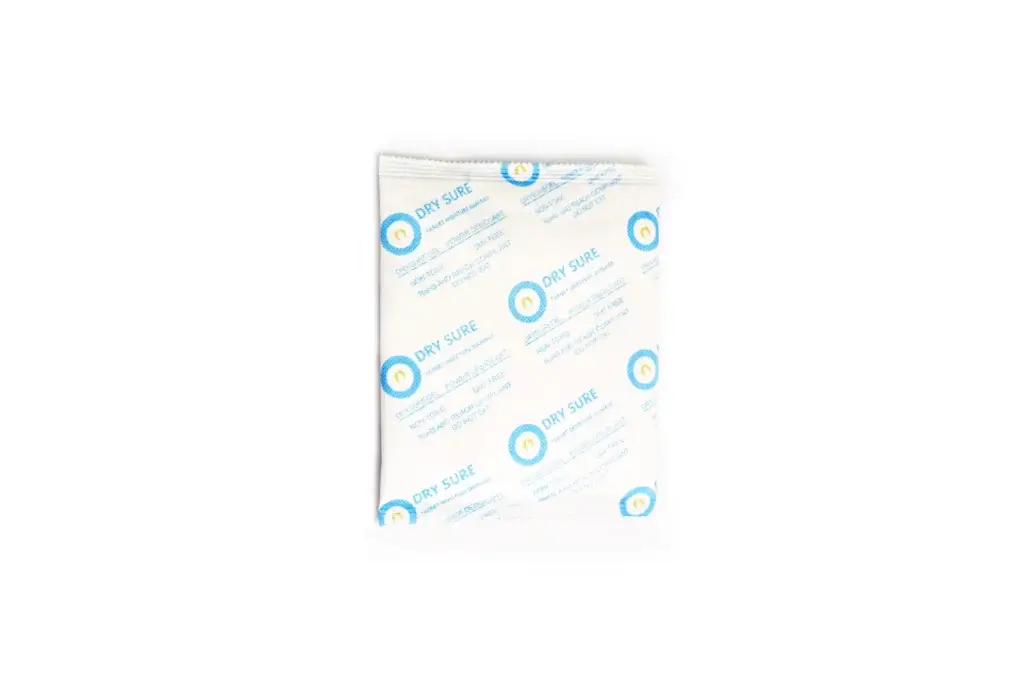
Buy Construction Industry Desiccant
Herausforderungen für die Industrie
Material Compatibility & Safety
- Some desiccants, such as calcium chloride and magnesium chloride, are highly corrosive. If the packaging of these materials should fail, then risk to metal components or electronic systems that may be in the construction materials exists. Clays (such as montmorillonite and attapulgite) can potentially create fine dusts that may contaminate sensitive locations. Protocols for handling desiccants need to be enforced, because they have the potential to chemically react or contribute to less than optimal performance of another adjacent material.
Environmental & Waste Concerns
- Non-recyclable desiccants (e.g., single-use silica gel, chlorides salts) can create major waste streams on big construction sites. Chloride desiccants can contaminate soil/water if disposed of improperly. Fiber desiccants can be biodegradable, yet they still need to overcome significant cost and scaling challenges when used at a heavy industrial scale.
Performance Variability
- Extreme or inconsistent humidity levels at construction sites can create challenges for moisture-holding capacity. Attapulgite and clays lose their effectiveness when humidity is elevated because of their particulate nature; desiccants based on salts or insoluble salts (calcium/magnesium chloride, etc) may reach oversaturation and leak. Humidity control needs to be site specific and individualized; this creates a problem when trying to standardize the solution.
Logistics & Handling
- Calcium chloride is a high absorption; dense and heavy desiccant, which increases shipping costs. Fragile fiber or silica gel units are potential candidates for freight damage. On-site storage must protect moisture desiccants like magnesium chloride, which could be activated before it is utilized.
Warum unsere Trockenmittel wählen

Better Material Compatibility
Our silica gel, fiber and clay (montmorillonite, attapulgite) formulations are designed to lessen corrosion potential and allow for safe use on sensitive metals and electronics and in construction applications.

Improved Performance Stability
We have calcium chloride and magnesium chloride products developed to still be optimally efficient in absorption across the broad humidity swings typical of construction sites, which helps to render materials less likely to leak and more saturated.

Improved Environmental Profile
Our emphasis includes newer fiber technology and stabilized salt blends, providing excellent moisture control while static materials lessen environmental impact and reduce long-term waste to the site.

Assured Effectiveness & Safety
We strictly handle materials and apply all material quality controls, ensuring consistent results to safety, both of which are paramount in high risk construction settings where multiple materials are in play.

Industry Specific Customization
Product forms (e.g., strength, packaging, activation) and material blends are adapted for specific scenarios (e.g., concrete acceleration, gypsum protection, containerized shipping) all with the ultimate goal to make the product most effective for each unique requirement.
Verwendung
Concrete Curing & Flooring Systems
Überblick über die Verwendung
Calcium chloride or magnesium chloride desiccants are applied as dry-shake treatments or incorporated into liquid hardeners to accelerate moisture evaporation during concrete pouring and finishing.
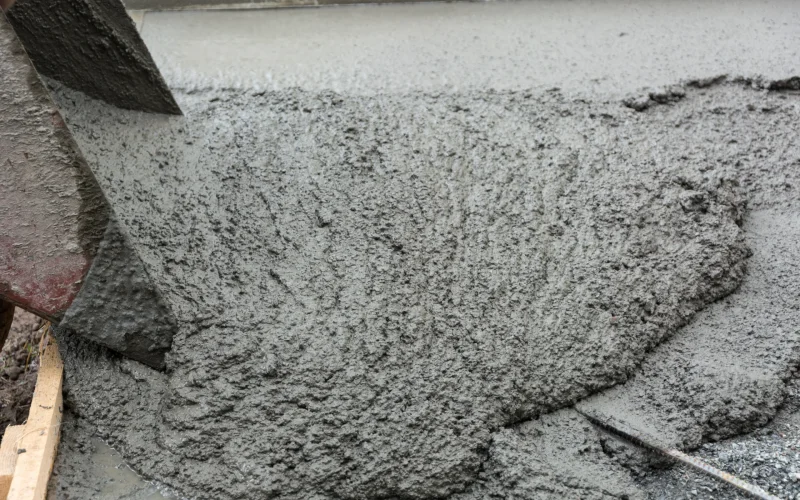
Die wichtigsten Vorteile
- Calcium chloride/magnesium chloride: Significantly speeds up curing time in cold/damp conditions.
- Magnesium chloride: Less corrosive to reinforcement steel compared to calcium salts.
- Improves final concrete density and surface abrasion resistance.
- Reduces risk of dusting and surface defects (scaling).
Structural Steel & Metal Component Protection (Storage/Transit)
Überblick über die Verwendung
Silica gel, fiber desiccants, or montmorillonite clay packets are placed alongside steel beams, rebar bundles, or metal fixtures within sealed wraps or shipping containers.

Die wichtigsten Vorteile
- Silica gel/Fiber: Chemically inert, eliminating corrosion risk to metals
- Fiber: Tear-resistant and low-dust, ideal for wrapping delicate surfaces
- Protects against moisture warping, mold growth, and loss of structural integrity
- Maintains product dimensional stability before installation
Pre-fabricated Building Unit & Containerized Shipping
Überblick über die Verwendung
High-capacity calcium chloride units or montmorillonite bags are suspended within sealed prefab modules or shipping containers transporting building components.
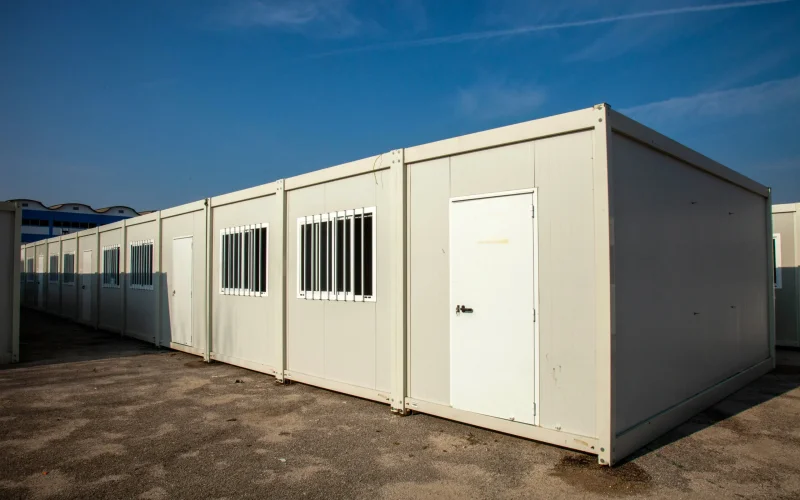
Die wichtigsten Vorteile
- Calcium chloride: Unmatched absorption capacity in very high-humidity environments (e.g., sea voyages)
- Montmorillonite: Economical solution for large-volume protection
- Prevents condensation ("container rain") and resultant water damage
- Safeguards finishes, integrated electronics, and porous materials within enclosed spaces
Electrical Equipment & Control Panels (On-site Installation)
Überblick über die Verwendung
Silica gel canisters (sometimes with indicator) or fiber desiccants are installed inside junction boxes, switchgear, or control panels at construction sites.
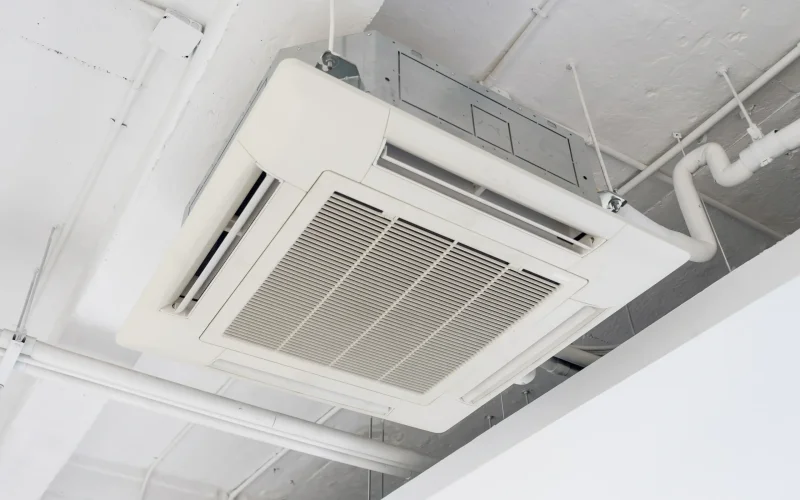
Die wichtigsten Vorteile
- Silica gel: Non-conductive and physically stable, critical near live components
- Indicator variants visually signal saturation status.
- Fiber: Flexible fit into confined electrical enclosures
- Prevents short circuits, corrosion of contacts, and sensor malfunction due to ambient moisture
Bulk Material Storage (Cements, Aggregates)
Überblick über die Verwendung
Attapulgite clay or montmorillonite is used in large bulk bags or liners within storage silos or hoppers to protect hygroscopic powders.
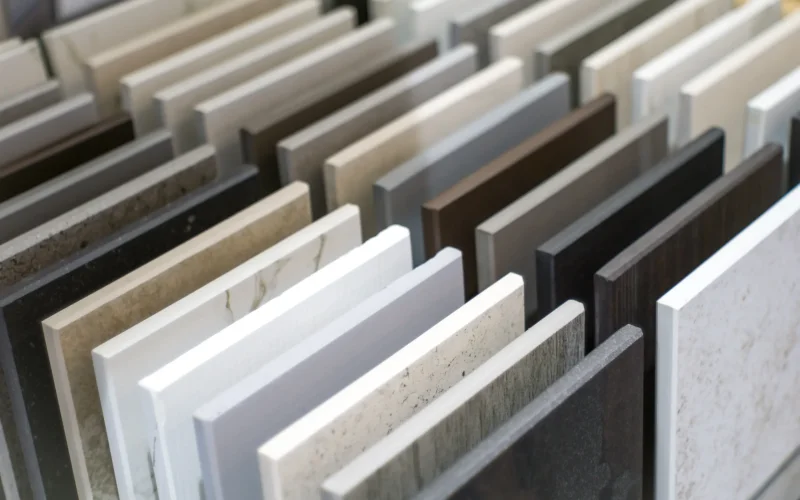
Die wichtigsten Vorteile
- Attapulgite: Maintains performance stability even at elevated temperatures near equipment.
- Natural clay (Attapulgite/Montmorillonite): Low cost for large-scale application
- Minimal dust release compared to some alternatives
- Prevents caking and hardening of powders during storage

